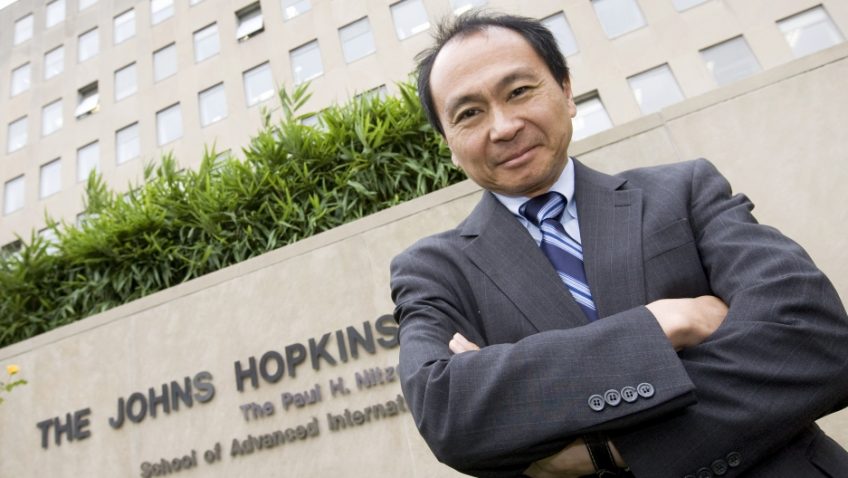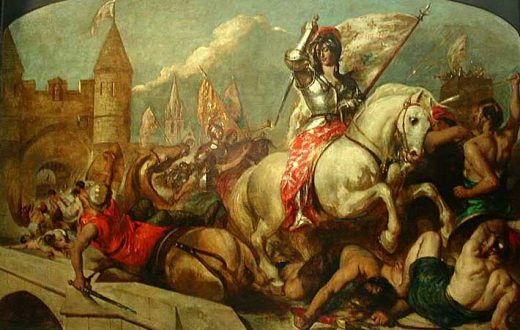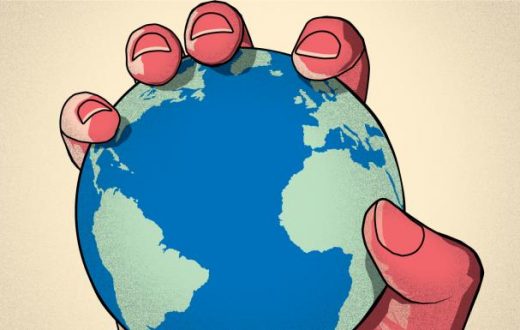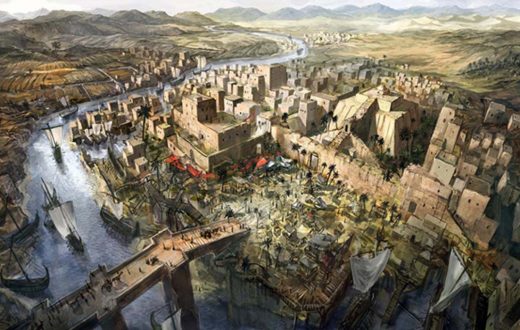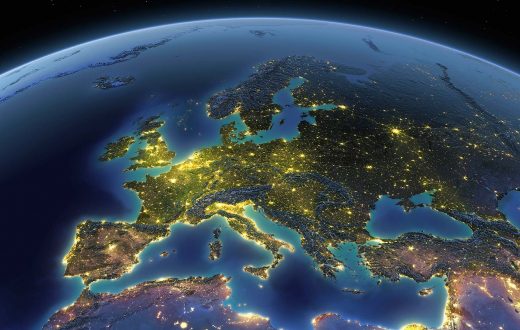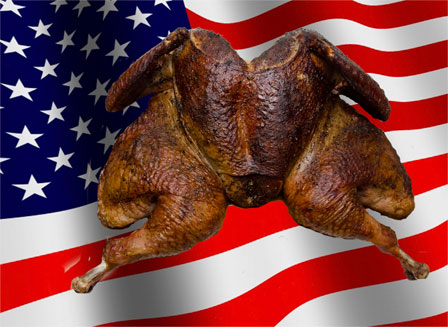The end of history comes with the fall of communism. Francis Fukuyama states in The End of History and the Last Man that the end of the Cold War is the victory of liberalism over competing ideologies. This end of history does not mean the end of conflicts, but it sets the ideal of liberal democracy as the unbeatable horizon for humanity.
The end of the story presupposes that it has meaning.
Fukuyama defends this thesis by taking up Hegel’s philosophy of history. In the famous dialectic of master and slave, man is driven by his fundamental need for recognition to engage in a struggle to death against his fellow man; it is this conflict that triggers the historical movement. War and science are for the philosopher the proof of this dynamic. Until the classical era, military innovation was so important for states in permanent insecurity that it spread naturally; then the emergence of the scientific method made the benefits considerable. Fukuyama shows that this scientific development is dependent on an environment that converges all societies towards the same model. “If we are now, he writes, to the point of not being able to imagine a world substantially different from ours, in which there is no evidence that we can fundamentally improve our current order, then we must take into consideration the possibility that history itself may be at the end” (The End of History and the Last Man). Thus, for Fukuyama, the progress initiated by science has gradually eliminated the fundamental contradictions of human societies.
The end of the story corresponds to the victory of economic liberalism.
For Fukuyama, the progress of the physical sciences has led to the liberation of economic activity because the incorporation of innovation requires a high-performance industry. However, since private property is probably the best lever for economic efficiency, capitalism has proved to be the best system for bringing scientific progress to people. The progress of this system therefore seems likely to continue worldwide. “What the post-war Asian economic miracle demonstrates, says Fukuyama, is that capitalism is a path to economic development that is potentially accessible to all countries” (The End of History and the Last Man). Thus, the fact that underdevelopment is not an irremediable obstacle and that developed countries cannot block countries lagging behind testifies to the ability of capitalism to spread through the liberal principles of private property and market laws. In practice, moreover, the fall of communism, the decline of totalitarian states in Europe, military dictatorships in Latin America, and China’s conversion to a market economy are for Fukuyama resounding victories for economic liberalism. Capitalism then appears as the only rational organization of production and consumption.
The end of history spreads political liberalism.
In Fukuyama’s analysis, the thymos, this need for motor recognition of human action, finally finds in democracy a political regime capable of satisfying it. By ending the power of the masters (the aristocrats and despots) and proclaiming the equality of all, it allows everyone to satisfy their desire to be recognized. Coupled with capitalism, it provides an outlet for individuals with strong thymos, to whom the diversity and infinity of economic activities offer a field of action. In other words, Fukuyama shows that by diverting the most dangerous men by their ambition from the political sphere, economic liberalism makes liberal democracy possible, a stable system that guarantees individual freedoms. This end of the story marks the advent of the last man. “For Nietzsche, writes Fukuyama, democratic man was entirely composed of desire and reason, skilled at finding new tricks to satisfy a host of small desires through calculations of long-term selfishness. But he was completely lacking megalothumia, satisfied with his petty happiness and unable to feel the slightest shame at his inability to rise above his desires” (The End of History and the Last Man). Thus, the last man is mediocre, but he is the inevitable figure at the end of the story, the only one possible.

